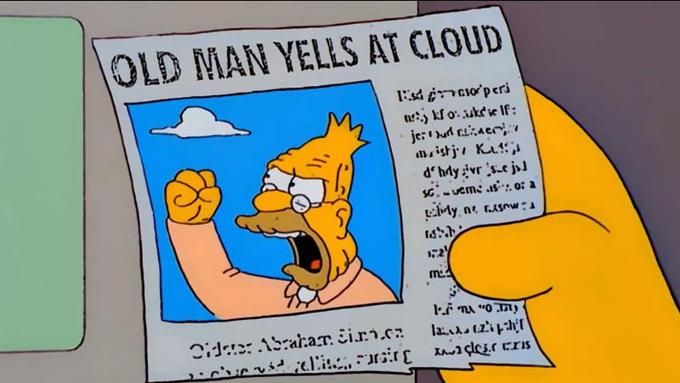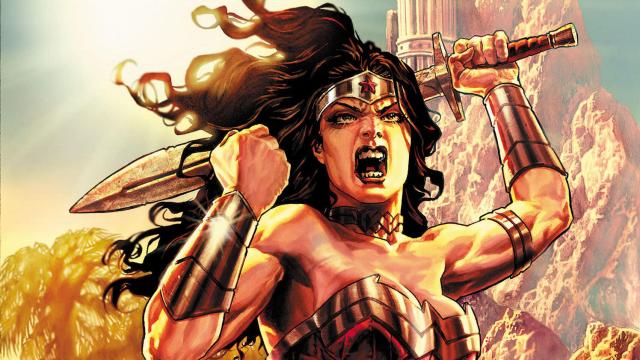José Delgo, a former DC and Marvel comics artist, used to be best known for his run penciling Wonder Woman back in the ‘70s and early ‘80s. Now, he’s probably most famous for making $US1.85 ($2) million dollars by selling NFTs — or non-fungible tokens — of his drawings online, many of which featured Wonder Woman and other licensed characters. DC Comics is apparently not pleased with this development.
Of course, the real problem is DC didn’t get a cut of the sales of art featuring its intellectual property and is worried that other artists — who work for DC or otherwise — may try the same thing. So the publisher, by way of Senior Vice President of Legal Affairs Jay Kogan, sent out a letter to the creative teams and freelancers employed by DC, letting them know in no uncertain terms NFTs are a no-no.
After stating the company had big plans for the digital ownership market, Kogan presented a velvet glove with an iron fist tucked inside. The letter, which leaked online earlier today (io9 has reached out to DC for more information, but the company declined to comment), reads in part: “As DC examines the complexities of the NFT marketplace, and we work on a reasonable and fair solution for all parties involved, including fans and collectors, please note that the offering for sale of any digital images featuring DC’s intellectual property with or without NFTs, whether rendered for DC’s publications or rendered outside the scope of one’s contractual engagement with DC, is not permitted. If you are approached by anyone interested in including any of your DC art in an NFT program, please let Lawrence Ganem, DC’s VP, Talent Services know.”
There’s a lot to take in here, and of course, DC Comics absolutely owns Wonder Woman, Batman, and all its characters, and it has every right to want to hold dominion over that intellectual property in the NFT industry. The company would probably do the same with physical fan art of DC Comics characters, if it could think of any possible way of managing that on an ongoing basis.
On the other hand, what do you think the chances are of the company giving these artists and writers their fair share for work they’ve already completed, especially when it’s effectively just getting someone to certify a digital image as the one true, official version? And can DC actually control this? Or will too many people, hoping to make a lot of money with very little effort, upload so many DC Comics images (scanned or hand-drawn) to make the NFT marketplace unmanageable?
Non-fungible tokens are too new — and too unpredictable — to know at this point. They’re also new enough that they require explanation. To put it perhaps too succinctly, it’s a system where people can “own” digital assets like images, gifs, tweets, NBA plays, and more — although that doesn’t stop anyone from having their own copies, say, on their computer, or uploaded to YouTube, or whatever. For instance, I could take a screencap with one of Delbo’s pieces, and then I’d have a copy of it. But the person who owns an NFT tied to a piece of digital content becomes the “official” owner of a unique token that can’t be duplicated.
I very much want to go on a tirade about the absurdity of NFTs, which would be long and contain nothing people haven’t said before and would end up amounting to this image, which someone potentially now owns:

However, the value of NFTs is the same as paper money. They’re both lies agreed upon; that having an unduplicatable digital asset in a closed system makes it valuable, even though it’s readily available outside that system, or that slips of printed paper are valuable unto themselves and can be traded for goods and services, but when you take that paper to a different country, it buys you nothing.
If enough people buy into the idea that NFTs have value (figuratively, not literally…but I guess also literally), then they’ll have value. Right now, their rising popularity, evidenced by the number of big companies signing up to peddle their wares, certainly indicates the NFT market is headed that way.
And DC Comics is going to make damn sure it gets its share.
